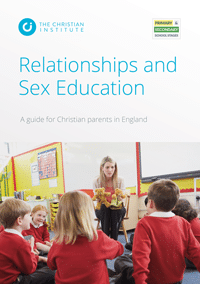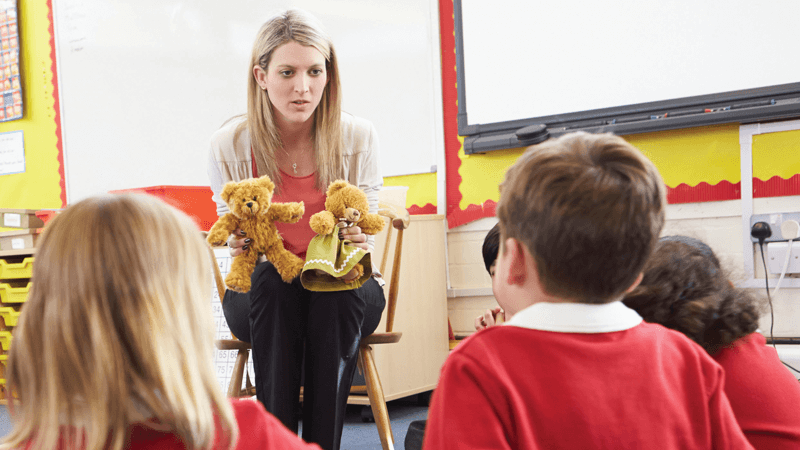It’s now September and the Government’s new laws on Relationships and Sex Education (RSE) have come into force for all schools in England.
Some aspects of the law are helpful.
Both primary Relationships Education and secondary Relationships and Sex Education require that children are taught about the nature of marriage and its importance for family life.
Among other things, primary-aged children will be taught the basics of being safe online – including lessons about cyberbullying and how to recognise inappropriate messages and content. They will learn about their own privacy, and how to report concerns or abuse and will also be taught about friendship, families and people who care for them, and about respect for other people (although the vague wording allows this to be misused).
Secondary pupils will be taught all this, as well as the risks of ‘sexting’, the impact of viewing harmful material online, the facts about pregnancy and a reminder that they can choose to delay having sex. Lessons will also cover what types of behaviour within relationships are criminal.
Graphic content
However, as many people will be aware following extensive news coverage over the past couple of years, the guidance also allows for the promotion of gay rights and radical gender ideology.
This provides an opportunity for campaign groups opposed to Christian views to push forward their own particular agendas in schools.
Earlier this year, Warwickshire County Council was forced by The Christian Institute to drop its explicit sex education scheme ‘All About Me’. It had produced the materials for use in its schools under the guise of Relationships Education – a subject from which parents have no automatic right of withdrawal.
Lesson materials encouraged masturbation and included gratuitously graphic sexual images. Despite the lessons concerned not being classed as sex education, and contrary to the law, it made no reference to marriage.
This was wrong, even by the Government’s permissive standards. It was out of the scope of what may be taught in Relationships Education, and that is why, following parental outcry and threats of legal action, it was removed.
Council after council has also abandoned the ‘trans toolkits’ which advised schools to allow transgender pupils to use the toilets, changing rooms and dormitories of their choice. While there was some variation between the toolkits used by the different councils, they invariably told schools to affirm children’s gender confusion, and to promote radical gender ideology wherever possible.
The toolkits misrepresented the law but were used for years before being ditched.
Even in the last few weeks, shocking materials produced for schools by LGBT sex-ed group The Proud Trust have made national headlines. The content, including graphic images and a ‘sexual body parts dice game’, was part-funded by the Government.
Lockdown
Now the subject is compulsory, schools must begin teaching RSE no later than the beginning of the summer term in 2021, but may begin before then if they have already consulted with parents and decided upon their approach.
The law requires schools to consult parents before they start teaching the new material.
The law requires schools to consult parents before they start teaching the new material. Lockdown is no excuse for failing to do this. The Government has given schools until the start of the summer term 2021 to make sure schools have been able to fulfil their statutory duties, which include ensuring parents have been properly consulted. This is a great opportunity to have a very positive influence.
Christian parents want their children to be protected from any teaching which will skew their developing view of the world. And they will want Christian teaching and values to be respected in schools.
Some schools may see the new subject as an opportunity to take a cavalier approach to sex education, and that will rightly worry parents. They will not want their children being exposed to the kind of graphic, explicit content which has previously been peddled to young people across the country.
Parental duty
But the battle hasn’t been lost. There is so much scope for parents around the country to engage with teachers and governors to make sure their children are being taught content which is both age-appropriate and does not seek to undermine their sincerely-held beliefs.
The law requires schools to consult parents before they start teaching the new material.
Parents don’t get a blanket veto over what is taught, but the UK and international law, as well as the Bible, recognise that parents are the primary educators of their children, not schools.
Christian parents need to be vocal in standing up for their principles, clearly expressing their views with their child’s schools so that the curriculum, which has the potential to do great harm, instead amplifies the good.
You can read more about how to engage with your child’s school in our new briefing ‘Relationships and Sex Education: A Guide for Christian Parents in England’.
A guide for Christian parents in England
There are good things that can be taught under the new arrangements but unfortunately the changes also provide an opportunity for campaign groups opposed to Christian teaching to push forward their controversial agendas in schools.


